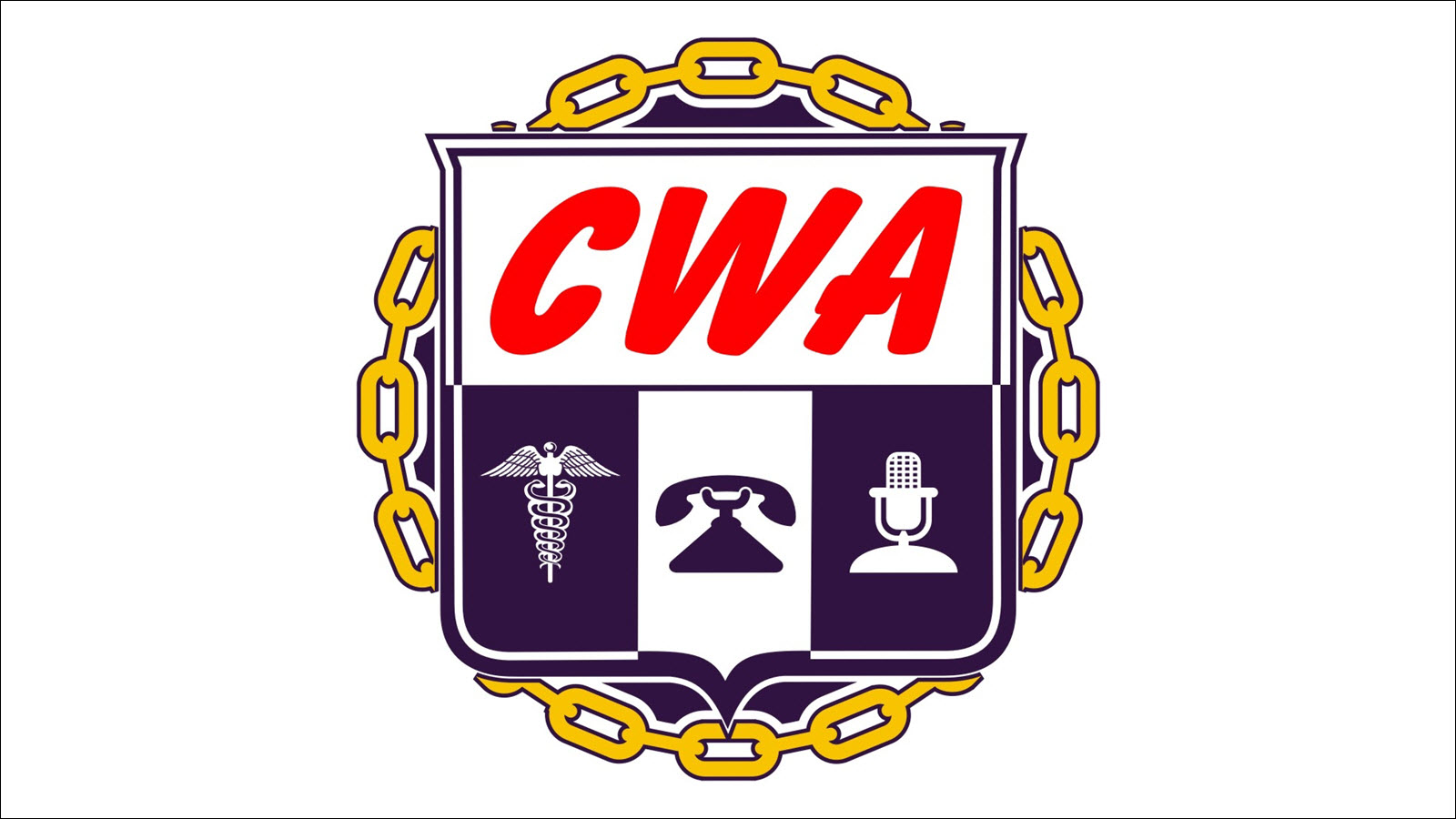CWA Backs Fuse Media Program Carriage Complaint Against AT&T
Said AT&T claims should be treated with 'huge dose' of skepticism

The smarter way to stay on top of the multichannel video marketplace. Sign up below.
You are now subscribed
Your newsletter sign-up was successful
The Communications Workers of America is backing Fuse Media's program carriage complaint against AT&T at the FCC, saying it has made a strong case and one that illustrates "the threat media consolidation poses to diverse media ownership."
That came in comments to the FCC supporting Fuse Media's complaint, according to a copy of the filing.
Fuse is charging AT&T's DirecTV with discriminating against the network in favor of affiliated, similarly situated, programming.
Also Read: Fuse Charges AT&T Discriminated Against It
Programmers can make carriage decisions based on defensible business strategies--lack of capacity, not of sufficient interest to viewers--but not based on favoring their own content.
Fuse claims AT&T pays more for its affiliated programming than it is willing to offer Fuse.
Fuse says the discrimination and failure to bargain for carriage in good faith, as the FCC requires, started after it bought Time Warner and its networks--TNT, Adult Swim, TruTV, etc.
The smarter way to stay on top of the multichannel video marketplace. Sign up below.
CWA signaled in its comments that it knew where Fuse was coming from. "CWA itself has experienced improper conduct in the hands of AT&T, conduct that is likewise inspired by the same misguided focus on Time Warner Media’s bottom line," they said. "And as with Fuse Media, this treatment is a stark departure from AT&T’s conduct toward CWA prior to its acquisition of Time Warner."
Also Read: Fuse Says it is Being Dropped By Comcast
The Justice Department tried to block AT&T's purchase of Time Warner, arguing that the new company would have the incentive and ability to favor its programming and disfavor rivals, but a court disagreed.
CWA pointed out it supported the merger, but that AT&T had subsequently "failed to respect the agreement it made with CWA to ensure the organizing rights of employees at acquisitions like Time Warner."
"AT&T should be met with a huge dose of skepticism if it claims that Fuse programming is not valuable to AT&T and that its treatment of Fuse has nothing to do with its interest in making its affiliated programmers more profitable," CWA told the commission, "Any such claims should not be credited on AT&T’s say-so, and should be tested by discovery in the adversarial process of a fact-finding proceeding, as contemplated by the program carriage rules."
Contributing editor John Eggerton has been an editor and/or writer on media regulation, legislation and policy for over four decades, including covering the FCC, FTC, Congress, the major media trade associations, and the federal courts. In addition to Multichannel News and Broadcasting + Cable, his work has appeared in Radio World, TV Technology, TV Fax, This Week in Consumer Electronics, Variety and the Encyclopedia Britannica.

